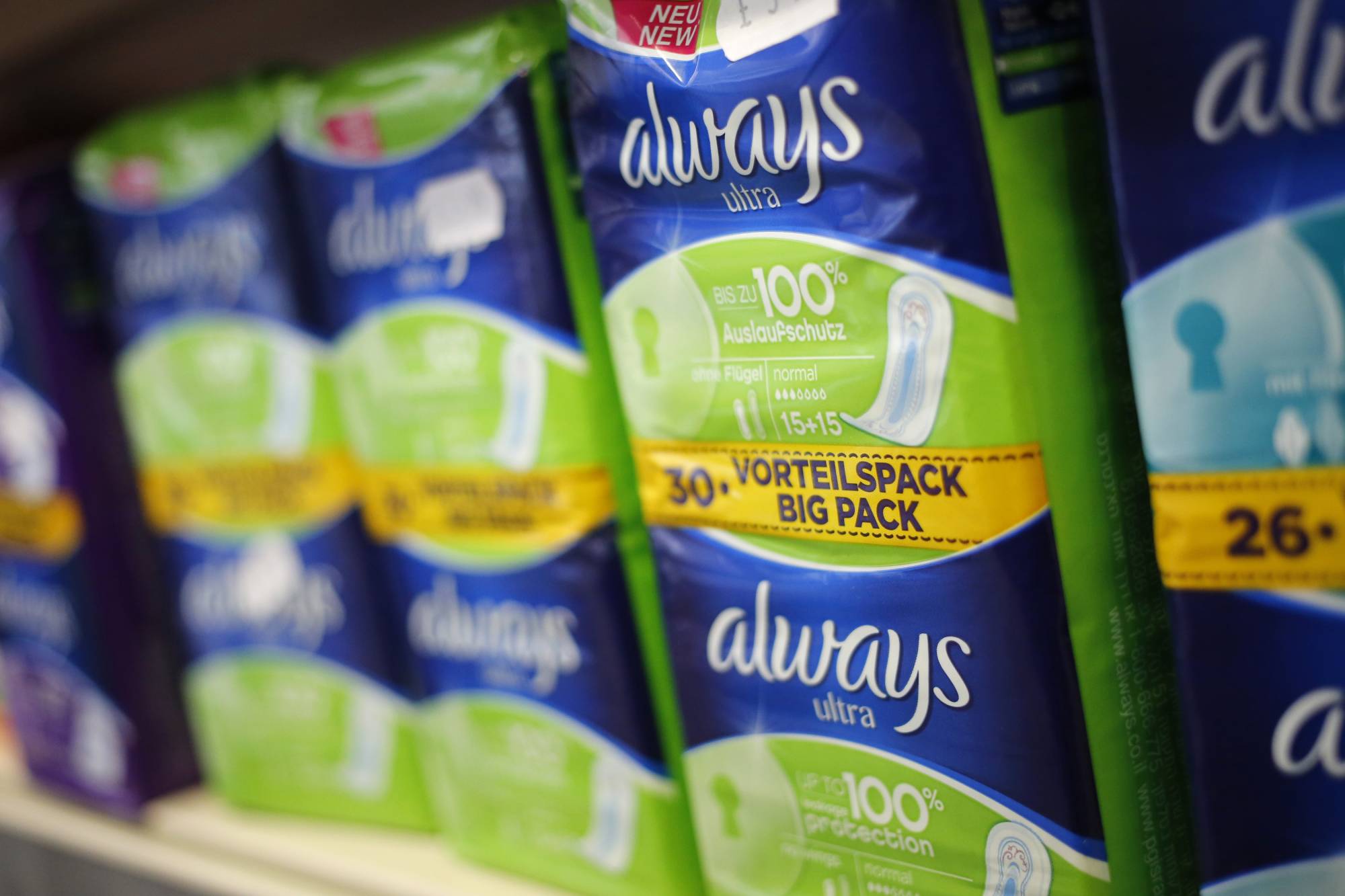For some women in Japan, the pandemic-induced economic downturn means that even essential items aren't easy to fit into a monthly budget.
Around 8% of women surveyed have struggled to purchase feminine hygiene products due to financial constraints since February 2020, according to a recent study by the Health, Labor and Welfare Ministry.
The ministry decided to investigate the problem following reports of women who were unable to afford the cost of essential sanitary products.


















With your current subscription plan you can comment on stories. However, before writing your first comment, please create a display name in the Profile section of your subscriber account page.